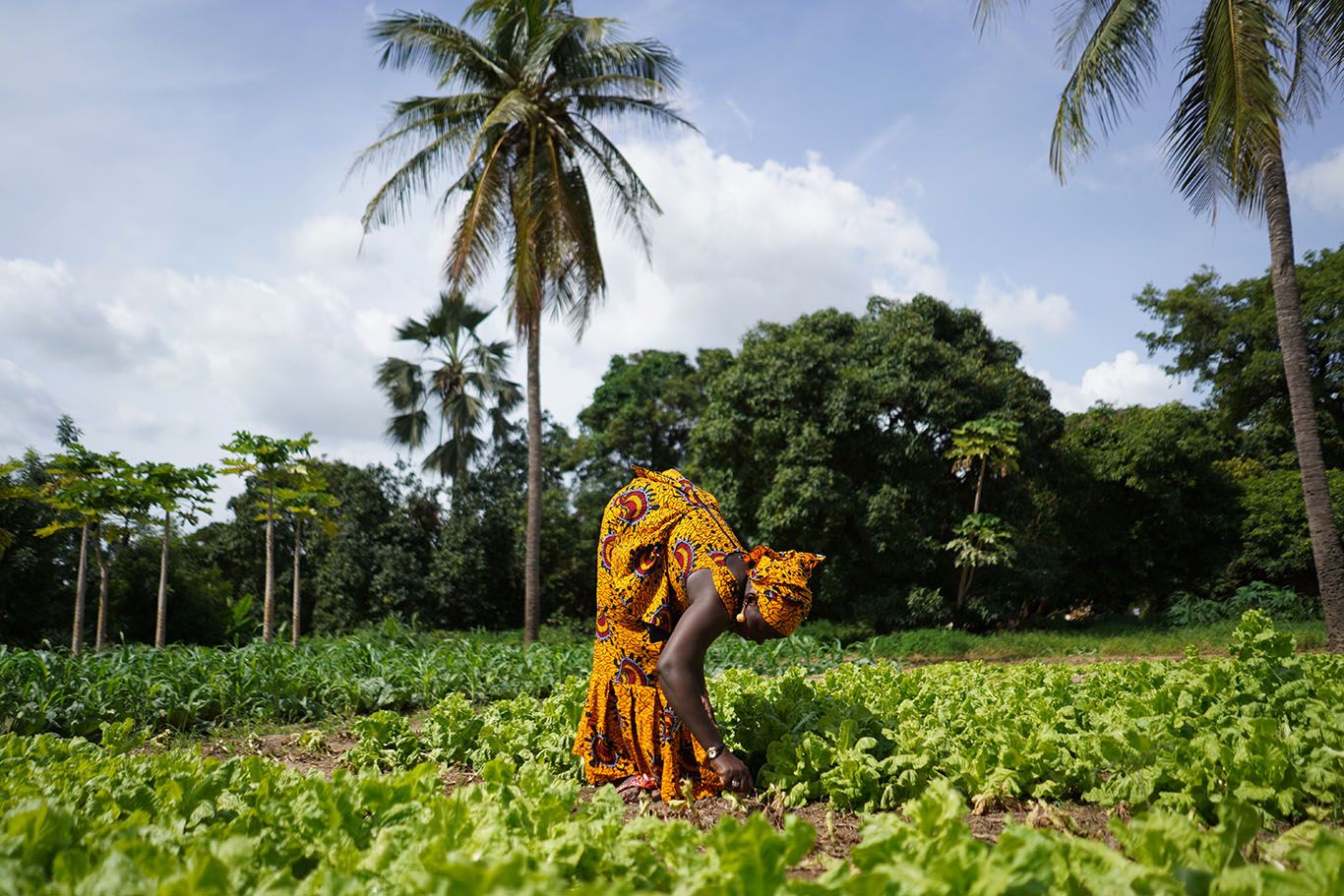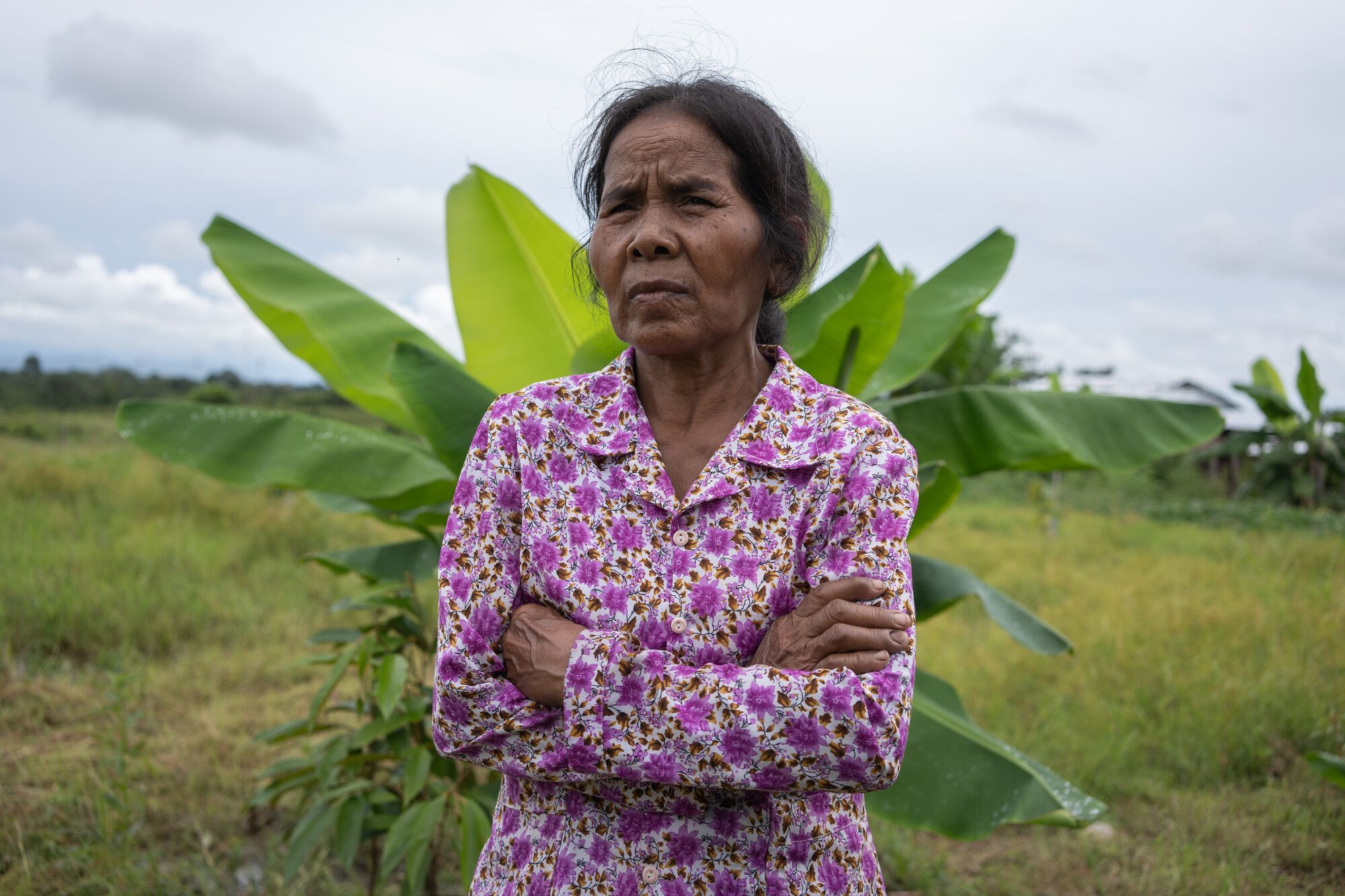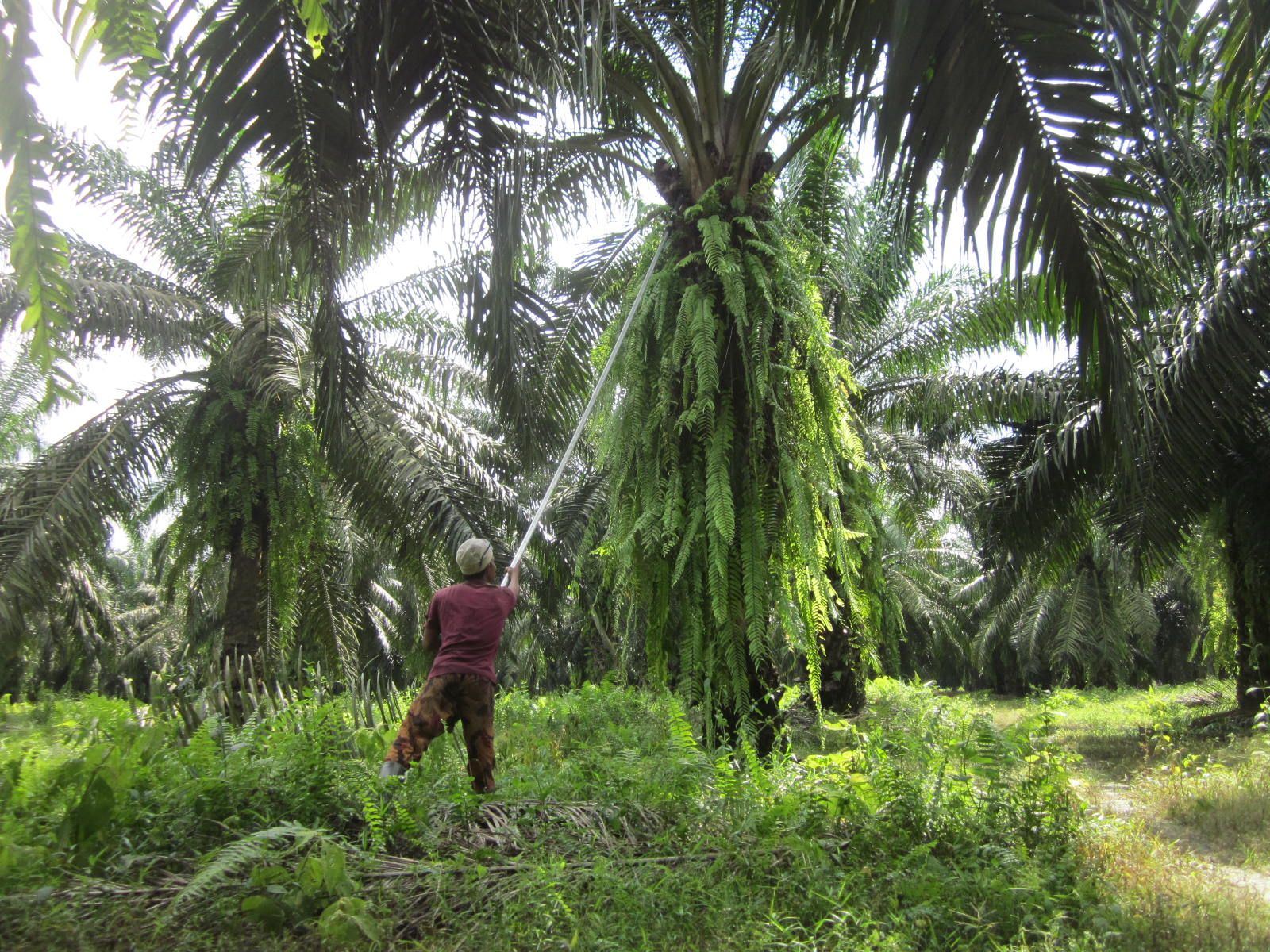
Including smallholders in EU action to protect and restore the world’s forests
In Mid-December 2021 the European Commission is due to release a regulatory proposal to minimise the European Union’s (EU) deforestation and forest degradation footprint. In advance of this draft proposal, six NGOs have come together to outline how the EU can ensure that the Regulation does not harm communities and smallholders (key actors in the production of forest and ecosystem risk commodities (FERCs)).

Beekeeping as a win-win solution around Virunga National Park
The Virunga National Park in the Democratic Republic of Congo is one of the most biodiverse areas of flora and fauna in the world. However, the area in and around the park is also under pressure due to conflict, armed rebels, illegal activities and population growth. IUCN NL partner organization IDPE identified that a beekeeping cooperative and professional support have the potential to reduce deforestation and to support livelihoods of communities around the park.
Header photo by: Wolfgang Hasselmann on Unsplash

227 land and environmental activists murdered in 2020
As the climate crisis intensifies, violence against defenders of the earth is escalating. A Global Witness report released today reveals that 227 land and environmental activists were murdered in 2020 for defending their land and the planet. That constitutes the highest number ever recorded for a second consecutive year.
Header photo: © Andrew Ball / Panos / Global Witness

Indonesian CSOs call upon Indonesian government to extend the palm oil moratorium
In 2018, the Indonesian government issued a Palm Oil Moratorium. The moratorium is ending September this year. Sawit Watch, IUCN NL partner in Indonesia and the lead CSO in Indonesia concerning palm oil issues, in collaboration with other Indonesian CSOs is calling upon the Indonesian government to extend the current moratorium. This call is substantiated by an assessment of the strategic opportunities gained from policy extension and the consequences of policy termination. According to the CSOs, extending the current moratorium provides both environmental benefits as well as socio-economic opportunities.

100+ organizations join call to drop defamation suit on GLA partner
Over 100 organizations have sent a letter to Malaysian timber giant Samling asking the timber giant to withdraw its legal suit against GLA Malaysia partner SAVE Rivers and its board members. Samling was also asked to provide the communities of its Gerenai and Ravenscourt concessions in Sarawak’s Baram and Limbang region with all of the environmental and social impact assessments conducted for certification by the PEFC-endorsed Malaysian Timber Certification Scheme.

Dutch financial sector European frontrunner in financing deforestation
ING, Rabobank and ABN AMRO have provided credit worth €3.1 billion over the past 5 years for commodities that often result in deforestation, such as soy. At the end of 2020, pension funds, insurance companies and banks had investments totalling €362 million in these commodities. This came to light as the result of research carried out by Friends of the Earth Netherlands and Profundo. Dutch financial institutions also invest in companies such as the agribusiness and soy trading company, Bunge, which has repeatedly been linked to deforestation and human rights violations. Friends of the Earth Netherlands wants rules for financial institutions to ban climate damage, including deforestation from their portfolios.

Palm oil company Golden Veroleum Liberia fails to fulfill benefits to communities and protect forests
Sustainable Development Institute and Milieudefensie call upon the Government of Liberia to ensure agri-business in Liberia halts deforestation and rights violations. New analysis from community excersizes indicate palm oil company Golden Veroleum Liberia (GVL) structurally fails to comply with obligations and commitments from the Memoranda of Understanding (MoU) that were signed in 2014 with affected communities. The findings exemplify broken promises and lack of development during a decade of oil palm plantation development in Liberia.

JET and Feminism Publication: If It’s Not Feminist, It’s Not Just.

People and nature benefit from certified timber production
Monoculture acacia plantations intended for wood pulp are disastrous for biodiversity in Vietnam. Our local partner organisation VietNature saw that things could be done differently: with gains for plantation owners from the community as well as for nature. With the support of IUCN NL, it set up a profitable project for FSC certified timber production. In 2020, the first investor came forward.
Header photo © VietNature
